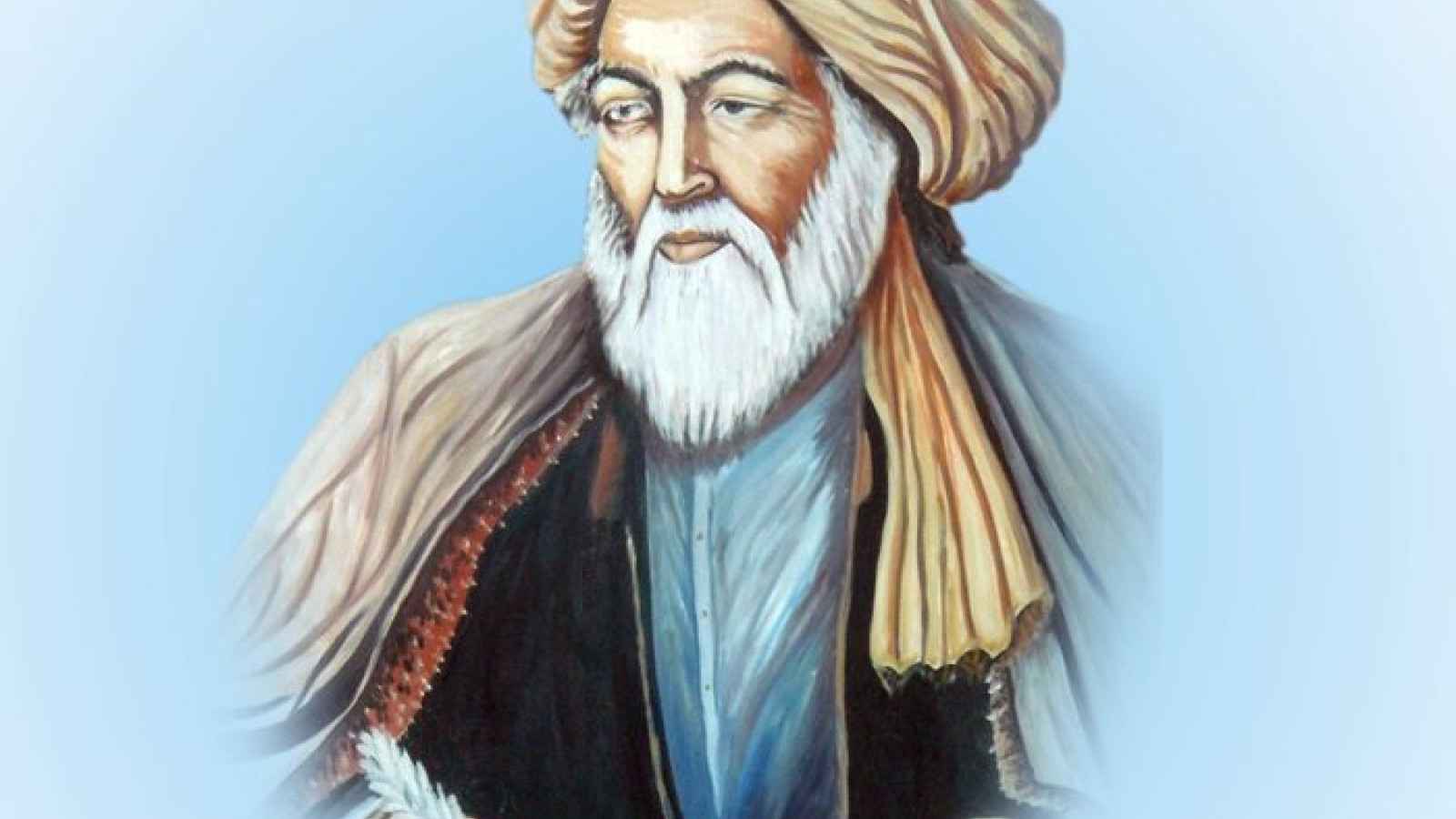
Nasir Khsraw Qubadiyani Balkhi (Marvzi), a wise and truth-seeking scholar, is one of the greatest authors, poets and thinkers of land of Iran. He was born in 394 AH in the village of Qabodiyon in Balkh. He began learning and was taught the holy Quran, Farsi and Arabic literature, mathematics, geometrics, astronomy, medicine and pharmacology, music and … from his childhood. He had a profound love for books, which he took with himself during his travels. Sometimes he carried them on camels, while he walked himself. He entered the court of kings when he was still young and reached high ranks. He witnessed the rules of Mahmud and Mas’ud of Ghazni era. He was a secretary until he was forty-three and was regarded highly. Ever since he was a young man, he sought the truth, for which he spoke and debated with believers of different religions such as Muslims, Jews and followers of Manichaeism and Zoroastrianism. The more he sought truth, the more lost he felt. So much so that he turned to drinking.
According to him, it was a dream that made him wake up from his forty yearlong sleep. He began his Hajj pilgrimage, met scientists and scholars. He finally found his answers in the Isma'ilism religion and became one of its prominent names in a short time. Naturally, his art and sublime thinking was put into use of this religion. He has many works, including his book of poems, Jame-ol-Hekmatain, Khan ol-Khavan, Zaad al-Musafirin, and Safarnama (Book of Travels). Amongst them, Safarnama is of significant importance. The detailed and wonderful describes of the author has led for this book to be one of the most popular books for the Iranians. After his long journey, Nasir Khusraw came to Balkh, and began promoting the Isma'ilism religion. But he was protested by the leaders of Sunnid and Seljuk. He went to Mazandaran, where the leaders were Shite, and the Alawis had power. He finally went to Badakhshan Mountain and spent the final twenty-five years of his life there. He passed away in 481 AH in Yamegan (now Afghanistan) and was buried at the same place.